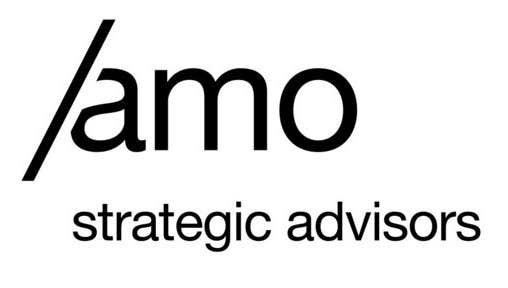Angus Maitland, Chairman AMO Global
The job specification of the public company CEO was never easy, but in the swashbuckling days of the late 20th century it was at least straightforward: maximise the return to the owners of your company. There was always a debate surrounding what exactly this meant, for instance in the short, medium or long term and what were these time periods anyway? And what were shareholders looking for? Sustained value growth, high and growing dividends, increasing total return. The only certainty was that with poor financial performance the CEO’s tenure would be short.
By and large these owners were a mysterious lot. Sometimes hiding behind nominee companies; sometimes employing fund management companies to manage their funds, usually with full discretion in terms of both investment selection and voting.
The lack of communication between companies and their institutional shareholders was the stuff of legend and fueled an extensive advisory industry comprising investment banks, corporate broking firms and proxy solicitation and stock surveillance. Knowledge of the policies, opinions and attitudes of key shareholders was a highly persuasive weapon in the corporate advisory industry armory.
The drive for maximizing shareholder return was never without its critics; and as the problems created by unbridled economic growth became increasingly apparent, the groundswell of criticism accelerated.
As we exit the tumultuous year 2020, the landscape surveyed by the CEO now looks very different. History will look back on the year as one defined by the first global pandemic for over a century. That, in itself, has called for some very different leadership qualities, particularly compassion and has led, some believe dangerously, to the increasing financial participation of big government in business. It has driven some sectors to the wall, profited others and created radically different ways of working. Only time will tell how enduring the behavioral changes wrought by the pandemic will be.
In a nice coincidence, in the same week in December 2020 that the huge Australian beach Byron Bay, apparently beloved by Holywood celebrities, was all but wiped out by giant 8 metre waves in midsummer (described by the Bantry Bay mayor as “an extreme weather event coming on the back of climate change”), 30 of the world’s largest asset managers representing over $9 trillion of assets under management, launched “Net Zero Initiative”, committing them to work in partnership with asset owner clients on decarbonization goals with an aspiration to attain net zero emissions by 2050 or sooner. Fidelity International’s CEO said: “we recognize that climate change poses one of, if not the most significant, risks to the long term profitability and sustainability of companies, including our own”. So, we now have asset manager heads well above the parapet.
In that same week, the £115 billion consumer giant Unilever became the first FTSE 100 company to announce that it will put its plans to cut greenhouse gas emissions to a shareholder vote.
The evolving business landscape poses a huge communications challenge for CEOs as the corporate stakeholder spectrum broadens and becomes more articulate and what has been referred to as the ‘post truth, fake news society’ makes significant inroads into the western liberal democracies, enabled by social media. The need for CEOs to run their businesses well and provide good returns to shareholders remains central. But now, the demands of other stakeholders also need to be addressed and managed.
These stakeholders, demanding answers on sustainability, corporate responsibility and governance, seemed in the past to be cost creating obstacles on the path to building shareholder value. No longer. They have become part of a corporation’s ‘licence to operate’ and increasingly recognized as a long-term pre- condition of preserving value rather than compromising the environment that allows it to be created.
Getting to know and understand the broader stakeholder audience is now a priority for the CEO. It is not an easy task when anti-business sentiments abound. The CEOs who succeed will be those who are able to anticipate social trends and build positive initiatives into their corporate strategies to address them. Success will mean stronger corporate branding, a prerequisite for a stronger business. Achieving that needs more than a positive change in behavior. Corporate reputation is built by both behavior and successful corporate communication; and the latter has become a much more difficult and complex are to manage successfully through the mainstream media.
Opinion forming high quality journalism has never been easy to manage but it has always had a level of integrity that allowed serious engagement and debate. Social media and disinformation have changed that quite fundamentally. It is to be hoped for the sake of democracy the free and honest journalism survives and prospers. But companies cannot sit back and hope. They too need to grasp much more firmly the social media opportunity and take the fight to those groups who seek to damage through disinformation.
The cause for optimism is the growing recognition of a confluence of interest between corporations and stakeholder groups. Strengthening that confluence through positive action and good communication, led by the CEO, is the way forward.








